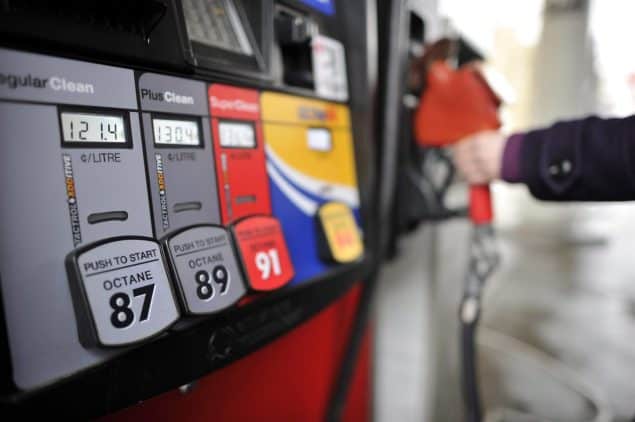While our environment wardens and political pontificators perform their carbon calculus gymnastics to determine how this country can save the planet with its main weapon, a moving target called the carbon tax, may I suggest both groups jump into a tractor trailer hauling produce to their local grocery store and see how much it costs to perform this essential service?
While gasoline supply and demand are the media darlings now, it is diesel that is the workhorse and the indicator of the health of the economy. It wasn’t long ago that diesel was the fuel of choice when you considered its cost and low maintenance outlay versus gasoline power.
One thing about time is that it keeps marching on – and changing. The price differential between the two fuels has reversed and we are all paying for it; and this may not be a short-term situation.
A year ago, the national average pump price of diesel was $1.23/L. Today it sits at $2.06/L.
Regular gas was $1.29/L. Today it’s 1.80/L.
Today, diesel is more expensive than premium gas, which is now at $2.03/L.
What does this spread mean to the average consumer? The consumer is the piper who pays.
Some years ago, I conducted a self-motivated study on the diesel market. Most of my findings will not have changed that much over time. I concluded that the average fill level for a long-haul transport was 550 litres and the annual consumption was 90,000 L. This means that a year ago, a single fill-up would have cost $676. Today that amounts to $1,133. This is quite a hit to the transport company as credit limits must be topped up – something oil companies closely police.
It is even more stressful if you are an owner/operator paying for diesel out of your own pocket.
If you are wondering, why that cauliflower cost you $6.99 the other day, that’s your answer.
What can our politicians do to help? How about cutting the carbon tax, which sits at $0.1341/L? The U.S. doesn’t even have a national carbon fee/levy/charge.
Chances of that happening?
You guessed it – Zero.
Net Zero 2030?
You guessed it! Same odds.
– Roger McKnight – B.Sc., Senior Petroleum Analyst








Add comment